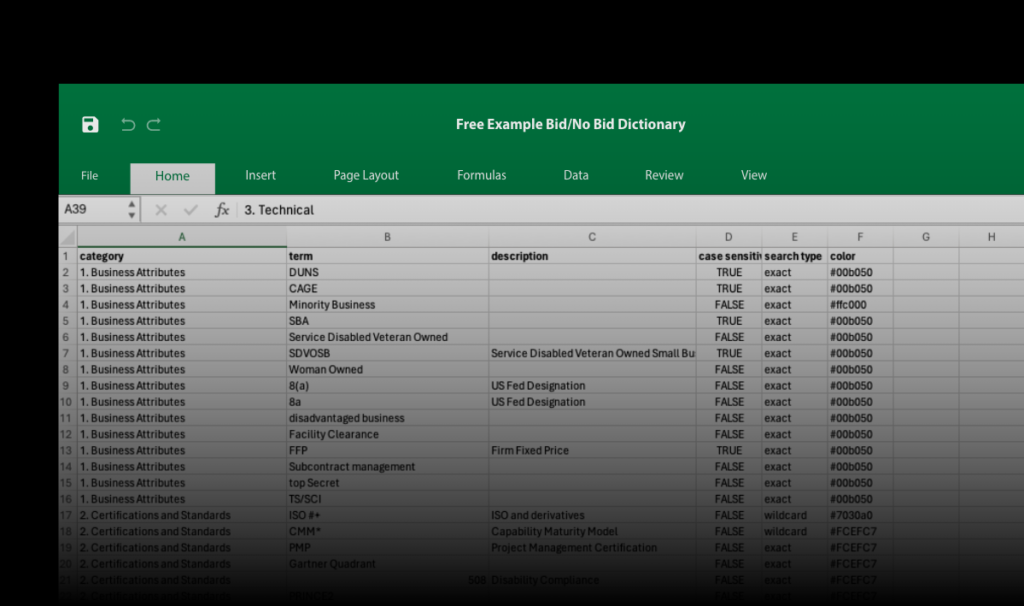Throughout the current COVID-19 crisis, we’ve heard from epidemiologists, virologists, physicians, and many other types of SMEs. The guidance they shared has undoubtedly saved thousands of lives. We owe them a huge debt of gratitude.
SMEs are experts in their fields. The problem is, many don’t know how to communicate clearly. Readability is new or unknown to them. And this poses issues not just during the COVID-19 pandemic, but for any crisis we may face in the future.
Why SMEs might need help to communicate clearly
We know that SMEs advising on the current spread of COVID-19 have excellent intentions and knowledge. Public health professionals understand the importance of issuing clear guidance that everyone can understand. It can mean the difference between controlling the disease, or further accelerating it. While they understand the need to communicate clearly, there are a number of reasons why they might need help.
Many SMEs have “The curse of knowledge”
Also known as “the curse of expertise”, this is a well-established principle. It describes how people with a deep understanding of a subject assume that others have similar levels of knowledge.
“The curse of knowledge is a cognitive bias that occurs when an individual, communicating with other individuals, unknowingly assumes that the others have the background to understand.”
So, without realizing it, many SMEs communicate at a level that is too complex for the audience. They will refer to advanced theories and use insider jargon assuming everyone understands them. They often don’t realize they need to simplify their language. They inadvertently confuse their audience. In a crisis like COVID-19, this can have serious consequences.
They are extremely busy
During any kind of crisis, relevant SMEs are in high demand. When the financial crisis broke, we looked to economists and other financial experts. During an epidemic, it’s epidemiologists and medical professionals. They spend most of their working lives out of the limelight. But when a crisis hits, their phones ring off the hook. They are our “go-to” people. They are, most likely, busier than they have ever been before. They are probably also stressed. The current COVID-19 situation is like none we’ve experienced. And they are thrust into the public eye at the most intense time of their careers and lives. So they might not have their full attention on communicating as clearly as possible. And being understood by the broadest possible cohort of people.
They might fall for the “fallacy of the sophisticated reader”
What if you know for sure that your target audience has a high level of education?
Sometimes SMEs will argue that their audience is sophisticated, and therefore should be able to understand more complex material.
We call this the fallacy of the sophisticated customer. People may be smart and well educated but they also lead full lives. They’re consuming your communications while doing a whole lot of other things. They have no desire to have to parse out 70-word sentences full of jargon to understand what you’re saying. They just don’t have time. Add to this cognitive load theory which says our brains have limited working memory to process information, and it’s obvious that all content must be clear and easily understood.
“If you can’t explain it simply, you don’t understand it well enough“
– Albert Einstein
Complex language makes content more difficult to understand, and adds to our cognitive load. This leads to confusion, and it could result in your customers missing important messages. This is especially disastrous during a global health crisis when everyone needs to understand the key updates. But it’s also applicable to all life scenarios where important matters are at stake. Legal contracts, financial service offerings, insurance policies, tax return instructions, etc. Regardless of education level, we need to communicate in plain language.
And finally, remember that the average US person reads at 8th-grade level. And that during a crisis we need to keep this level even lower.
Crisis communications and tips for SMEs
SMEs are not necessarily experts in plain language. It is not easy and takes practice to write clearly. So we’ve pulled together some helpful resources to help you communicate clearly. Even during difficult times.
Use plain language
The key principles of clear written communications are:
- use active voice, not passive
- avoid complex words
- write short sentences
- write at a grade level that is as low as possible, ideally below grade 8
If you need more guidance on these principles, you’re more than welcome to get in touch with one of our Clarity Experts.
Define or explain complex terms
Occasionally, you can’t avoid using complex words or terms. The current COVID-19 crisis has added new language that we all need to understand. Obvious examples are “pandemic”, “social distancing” and “PPE”. If you have to use more complex words or phrases, then make sure you define or explain them clearly.
It’s a good idea to create a list of all the complex words and jargon you typically use within your organization or industry. If possible, find alternatives that are more accessible and define acronyms. You can make a glossary or “watch list” of these phrases. This will be useful when communicating not only now, but also in the future.
Take the “dinner table test”
Not sure if non-experts will understand your writing? Just ask them! If you’re a healthcare professional, share your work with someone who has little knowledge of medicine. If you’re an expert in finance, take it to someone who knows next to nothing about the subject. Perhaps a friend, or member of your family. And if your writing doesn’t make sense to her, it probably won’t be easily understood by the general population.

Use readability scoring to test your copy
Everyone – even non-writers – can see how to make their writing more readable using objective scoring like Flesch-Kincaid Grade Level. You can also use software such as MS Word or VT Writer to test your grade level. With VT Writer you can even test full PDFs or text snippets and improve them based on the feedback. The nice thing is that there’s a free version available.
A final word
In summary, in this crisis, SMEs are doing amazing work under very difficult circumstances. As you look to communicate, keep your audience in mind, and try to speak plainly.
Writing and editing for clear communications takes time. And we know that’s something you may not have a lot of right now. But clear, consistent communications are worth it and have never been more important. Good luck with your communications.



